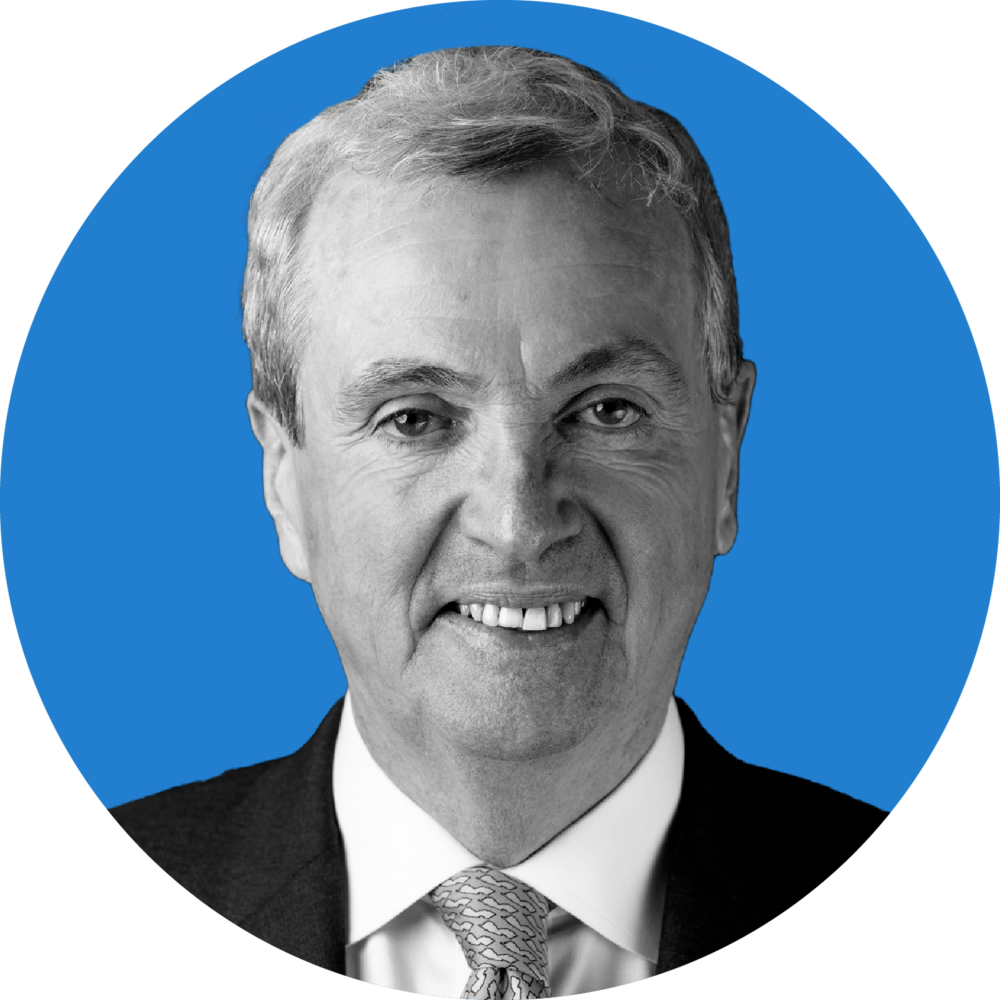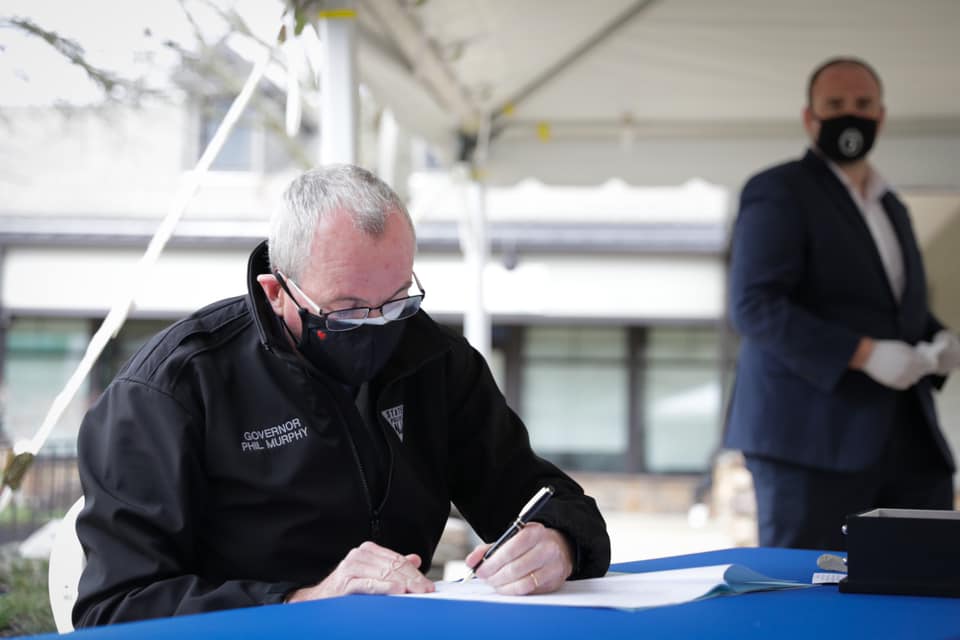
Chip in today to elect Dem govs >>
Democratic governors are leading in the fight against Donald Trump. With our two historic victories in Virginia and New Jersey, grassroots momentum is on our side! But this year, nearly 80% of the country is voting for a governor – and with Republicans already investing to beat Dem govs, early support has never been so critical. Will you donate to elect more Democratic governors who will defend our rights and freedoms and stand up to Trump?

Phil Murphy
Governor of New Jersey
On January 16, 2018, Gov. Phil Murphy took the oath of office as the 56th governor of New Jersey.
As Governor, he has restored New Jersey to its historic role as a progressive national leader. Gov. Murphy has succeeded in raising the minimum wage to $15 an hour, securing paid sick leave for all workers, and requiring equal pay for equal work. He restored funding for Planned Parenthood and women’s health initiatives. He has embarked on one of the nation’s most-aggressive plans for generating offshore-wind electricity.
Moving New Jersey Forward

Under Gov. Murphy’s leadership, New Jersey has enacted some of the nation’s strongest gun-violence prevention measures, and the state has emerged as a leader in protecting the Affordable Care Act’s promises of affordable, high-quality health care for the state’s residents. Gov. Murphy has also signed laws to restore the right to vote for persons on probation or parole, to expunge low-level drug crimes, and to provide DREAMers with the opportunity to afford a higher education, among other measures securing the place of New Jersey’s immigrant communities.
Throughout the COVID-19 pandemic, Governor Murphy has led New Jersey on a course based on science, putting the state among the nation’s leaders in the effectiveness of its response.
Prior to becoming Governor, he served as the United States Ambassador to Germany under President Barack Obama from 2009 to 2013. He had also previously served as National Finance Chairman of the Democratic National Committee.
Gov. Murphy, who was born and raised in the Boston suburbs, graduated from Harvard University in 1979 and earned his MBA from the Wharton School at the University of Pennsylvania. He and his wife, First Lady Tammy Snyder Murphy, are the parents of four children: Josh, Emma, Charlie, and Sam.

